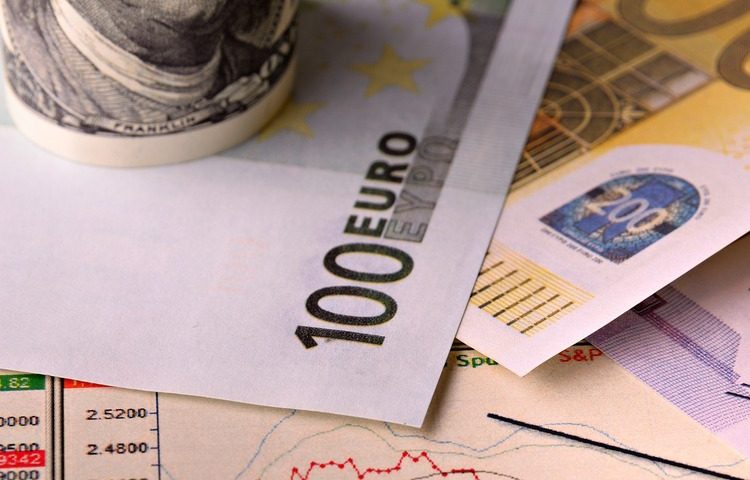Doing business

The European Bank of Reconstruction and Development (EBRD) expects to continue to invest roughly 1.5 billion euros ($1.6 billion) per year in Ukraine in the coming two years, the lender’s president said on Monday.
EBRD President Odile Renaud-Basso said the amount was not set in stone and could increase, but that there was still a crucial need to support the country following Russia’s invasion in 2022, particularly its energy sector and infrastructure.
“It depends on the scenarios, but I would expect at least the same, the level of 1.5 billion euros a year on average, if in the context of war,” she told Reuters on the sidelines of an event at Chatham House in London. “But if reconstruction really started to accelerate, it would increase probably.”
The EBRD is a multilateral lender owned by 71 countries and European Union institutions, with operations in 40 countries from Egypt to Mongolia.
In 2022-2023, the bank set aside 3 billion euros to support Ukraine’s infrastructure and supply credit lines during the conflict, deploying 1.7 billion euros of that total last year.
Renaud-Basso stressed the urgency of supporting Ukraine’s energy security and its infrastructure.
“If there is no heating, no electricity, the winter will be very difficult. That’s why we have mainly been focusing on that.”
She said the EBRD had a revolving credit line with state energy company Naftogas to help it buy enough gas last winter, and that it intended to increase that credit line.
Last year, the lender offered up to 300 million euros in financing to Naftogaz.
Rising oil and gas prices, with Brent crude trading at a 10-month high near $95 per barrel this week, are likely to exert upward pressure on inflation for importing countries around the world, Renaud-Basso said.
“This could weigh negatively on the economy,” she said, adding that the EBRD still expected global economic growth to pick up from next year.
She also said financing conditions for emerging markets had deteriorated due to a rapid rise in global interest rates, high inflation and a shift in the approach of some Gulf countries from providing budgetary support to seeking investment opportunities.
Source https://www.reuters.com/